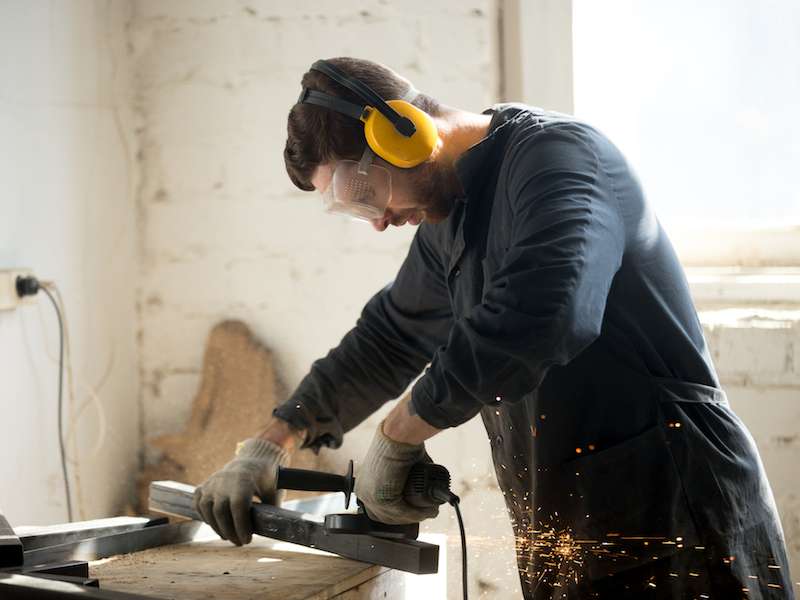
What hinders your hearing protection from working properly? Watch for these three things.
Despite your best efforts, you can sometimes encounter things that can mess with your hearing protection, both at home and at work. That’s hard to cope with. After all, you’re striving to do what you’re supposed to do! When you go to a concert, you use your earplugs; At work, you wear earmuffs every day; and you try to steer clear of Uncle Joe who is always yelling in your ear.
Here’s the point, when you’re doing everything correctly but you’re still having trouble, it can be frustrating. The nice thing is that once you know about a few of these simple problems that can interfere with your hearing protection, you can prepare yourself better. And this will keep your hearing protection in a state of efficiency even when you’re experiencing a bit of trouble.
1. Wearing The Wrong Type of Ear Protection
There are two convenient and standard categories of ear protection: earplugs and earmuffs. Earplugs are small and, as the name suggests, can be put straight into the ear canal. Earmuffs look like a set of 70’s headphones, but instead of music, they provide protection for your hearing by muting outside sound.
- When you’re in a setting where sound is fairly constant, earplugs are suggested.
- When loud sounds are more sporadic, earmuffs are suggested.
The reasons for that are fairly obvious: you’ll want to remove your ear protection when it isn’t noisy, and that’s less difficult to do with earmuffs than earplugs. Earplugs take a bit more work to put in and are easy to lose so you could find yourself needing to replace lost plugs when you really need them.
You will be fine if you wear the correct protection in the right situation.
2. Your Ear Protection Can be Affected by Your Anatomy
There are many differences in human anatomy from one individual to another. That’s why your Uncle Joe has such a large set of vocal cords and you have more normal-sized vocal cords. It’s also why your ear canal may be narrower than the average person’s.
This can cause issues with your hearing protection. Disposable earplugs, for instance, are made with a t-shirt mindset: small, medium, and large (if not one-size-fits-all). And so if you have especially tiny ear canals, you might have a difficult time getting those earplugs to fit, causing you to give up completely and throw the earplugs away in frustration.
If you find yourself in this scenario, you may forsake the hearing protection you were attempting to give yourself, leaving you at risk of hearing damage. The same thing can happen if, for instance, your ears are on the larger size, making earmuff style protectors uncomfortable. If you’re in a noisy setting regularly, it may be worth investing in custom hearing protection tailored to your ears.
3. Assess if There’s Any Wear And Tear on Your Hearing Protection
You should be commended if you manage to use your hearing protection every day. But that also means you need to keep an eye on the wear and tear your hearing protection is experiencing.
- Clean your hearing protection. Ears aren’t really the cleanest part of your body (ear wax serves a good purpose and all, but it’s still kind of… yucky). Just make sure that you wash correctly; if you’re cleaning an earmuff set, take apart the earmuffs. Be cautious not to drop your earplugs into the drain.
- Replace cushions on earmuffs from time to time (generally, when those cushions are no longer pliable, they’re ready for the heave-ho).
- If you use earmuffs, check the band. When the elastic is worn out and the band is failing to hold the earmuffs snug, it’s time to exchange the band.
If you want to get optimum benefit, you need to perform regular maintenance on your hearing protection. It’s essential that you have a consultation with us if you have any questions on how to take care of your hearing protection or want to know more about the things that can interfere with their performance.
Your hearing is vital. It’s worth taking the time to protect it properly.
